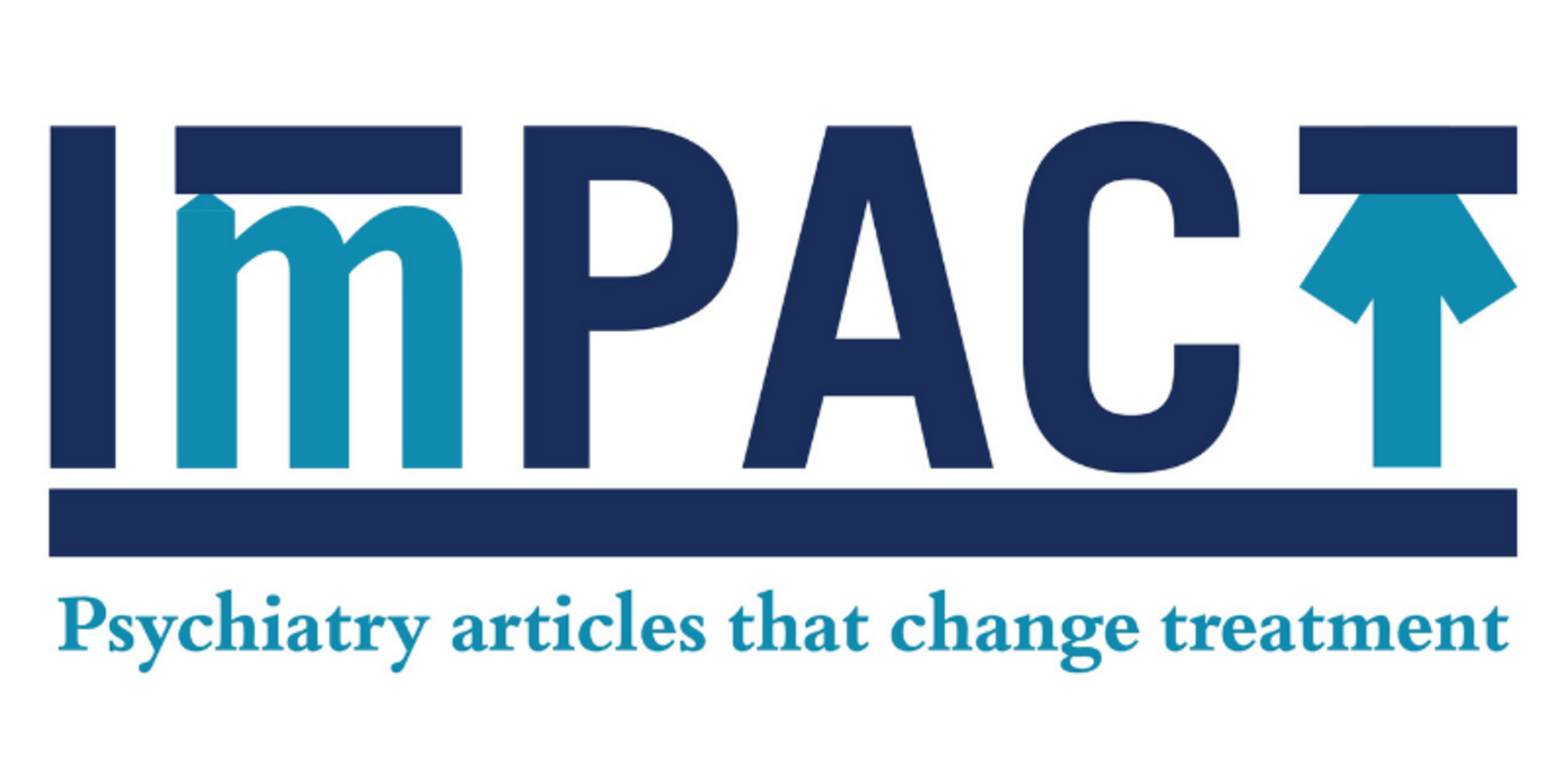Main Second Level Navigation
- News
- Events
- PsychNews
- Mindfest
- Donald Wasylenki Education Day
- The Future of Psychotherapy Conference
- Department of Psychiatry Research Day
- Annual University of Toronto Psychopharmacology Conference
- Professorial Lectures
- Psych Refresh
- Continuing Professional & Practice Development (CPPD) Day
- Impact: Psychiatry Articles that Change Treatment
Breadcrumbs
- Home
- News & Events
- News
- Antipsychotics impair the brain’s ability to regulate blood sugar
Antipsychotics impair the brain’s ability to regulate blood sugar

Antipsychotic medications provide essential relief for the symptoms of schizophrenia, but evidence has shown that they also increase the risk of impaired glucose metabolism. Glucose metabolism controls the level of sugar in our blood and helps us properly absorb energy from the food we consume. Individuals with severe mental illness have higher rates of obesity and diabetes, in part because of antipsychotic medications.
Dr. Margaret Hahn, Dr. Sandra Pereira, and their team have discovered that the root of the problem may lie with how antipsychotics affect the part of the brain that manages glucose metabolism. Working with Department colleagues Drs. Sri Mahavir Agarwal, Araba Chintoh, Gary Remington, and Raghunath Singh, their research is opening the door to preventing these side effects.

What is glucose metabolism?
MH & SP: Glucose metabolism is the way the body controls the level of sugar in the blood. Sugar that is being stored and transported in the blood is called "glucose". After a meal, we experience a spike in blood glucose. The glucose needs to be taken from the blood into our tissues to supply them with energy. Conversely, during times of reduced access to food (i.e. during fasting), the body needs to produce its own glucose and release it into the blood. While historically these processes were thought to be regulated solely by a hormone called insulin, we now know that the brain, particularly a region called the hypothalamus, is responsible for more than half of the regulation of glucose metabolism in the body. We are interested in the ability of the brain to sense increases in blood glucose and send feedback to the body to maintain normal blood glucose levels. We know that disruption in brain glucose sensing can lead to problems with glucose regulation, including high blood sugar and diabetes.

What motivated this research?
MH & SP: Individuals with severe mental illness including schizophrenia have much higher rates of obesity and diabetes than people without mental illness, and this happens in part because of antipsychotic medications which are needed to treat psychosis and help with mood. We wanted to understand the mechanisms through which antipsychotic medications increase the risk of patients developing diabetes, which is characterized by high blood sugar. We hypothesized that antipsychotics interfered with the brain's ability to sense sugar.
What was the most important finding of this study, in your opinion?
Our most important finding is that antipsychotics block the ability of the brain to sense sugar and respond by adjusting glucose metabolism in the rest of the body. This may be one mechanism through which antipsychotics cause high blood sugar and diabetes. We also used a new technology that combines biology and tissue analyses with computer science called “bioinformatics”, and we identified pathways by which antipsychotics interfere with the brain’s ability to sense glucose.
How does this change treatment in the future?
We will soon be starting new studies to look at various interventions to prevent the negative effects of antipsychotics on glucose sensing by the brain.
Any next steps?
We hope that the new interventions we research can be brought into use quickly so that quality of life and life expectancy of patients taking antipsychotics can improve. We will be exploring if chemical chaperones can prevent antipsychotic-induced disruptions in glucose homeostasis in preclinical models. We are assessing if GLP-1 receptor agonists can improve metabolism in patients taking antipsychotics. We are also learning that glucose sensing pathways in the brain regulate aspects of memory and learning. We hope to study whether improving brain glucose sensing can also help treat problems with memory and learning in illnesses like schizophrenia, since current treatments like antipsychotics do not help with these issues.
What is the major take home message for the public?
There is a great deal we do not know about how antipsychotics cause diabetes, and the brain has been long understudied. However, we are now making progress. We are bringing together people with different expertise within Canada and around the world to make discoveries in this field and ultimately hope to improve people's lives.

ImPACT Committee includes Krista Lanctôt, Alastair Flint, Meng-Chuan Lai and Simone Vigod.
Castellani LN, Pereira S, Kowalchuk C, Asgariroozbehani R, Singh R, Wu S, Hamel L, Alganem K, Ryan WG, Zhang X, Au E, Chintoh A, Remington G, Agarwal SM, Giacca A, Mccullumsmith RE, Hahn MK. Antipsychotics impair regulation of glucose metabolism by central glucose. Mol Psychiatry. 2022 Nov;27(11):4741-4753. doi: 10.1038/s41380-022-01798-y.



